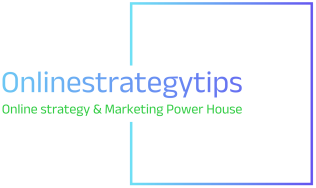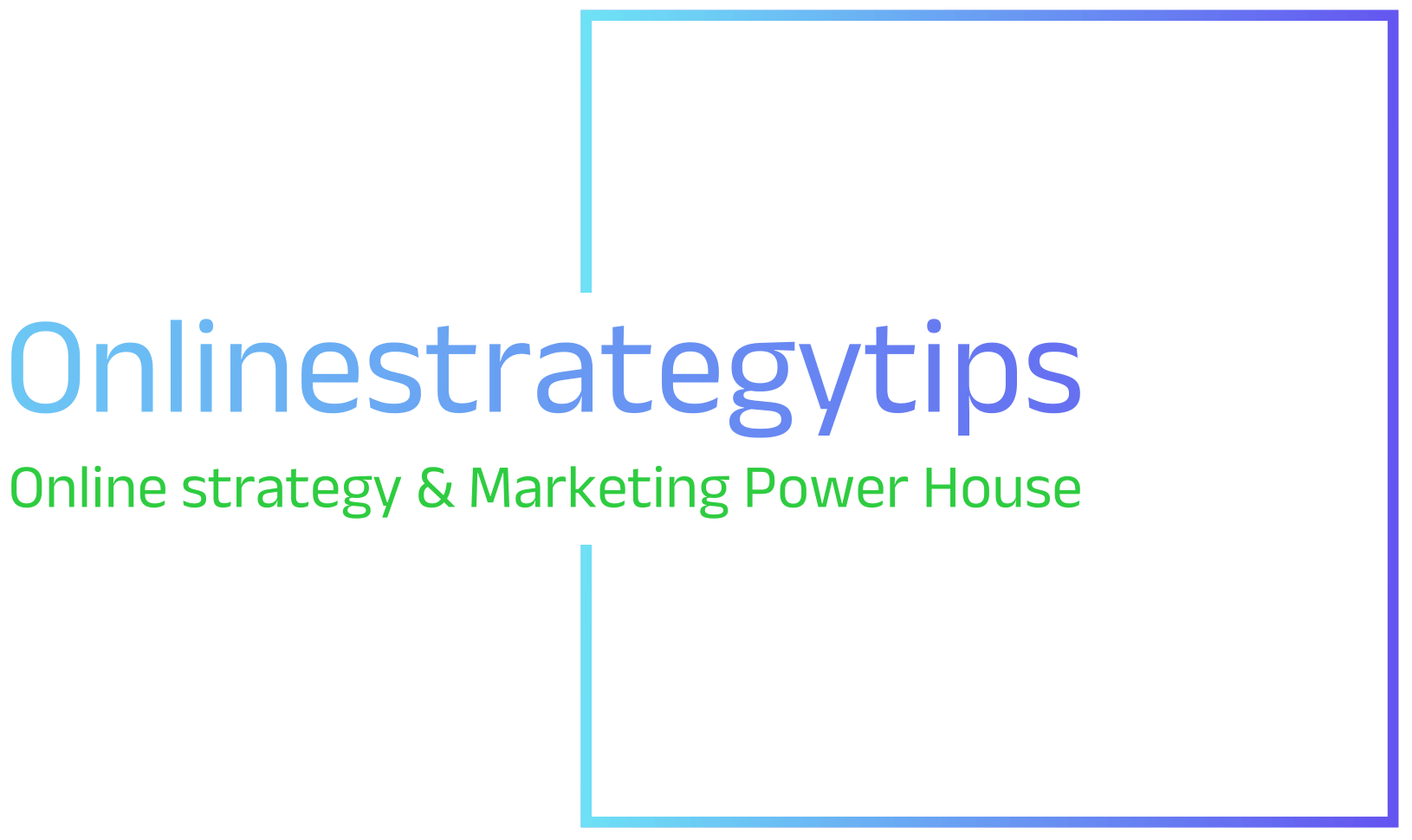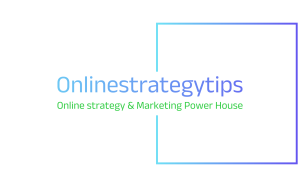30 minutes Consultation
₦5,000.00
Here are some key items to cover:
- Business Goals and Objectives:
- Understand the business’s short-term and long-term goals.
- Determine how digital marketing can align with these objectives.
- Target Audience Analysis:
- Identify the primary target audience for the business’s products or services.
- Discuss demographics, interests, and online behavior of the target audience.
- Explore any existing customer data or insights.
- Competitor Analysis:
- Analyze competitors’ digital marketing strategies.
- Identify strengths, weaknesses, opportunities, and threats.
- Determine what sets the business apart and how to capitalize on it digitally.
- Website Audit:
- Evaluate the business’s website for user experience, design, and functionality.
- Check for mobile responsiveness and site speed.
- Discuss improvements for better conversion rates and SEO.
- Content Strategy:
- Discuss the importance of relevant and valuable content.
- Determine content types (blog posts, videos, infographics, etc.).
- Plan content creation, distribution, and promotion strategies.
- Search Engine Optimization (SEO):
- Explain the significance of SEO for visibility and organic traffic.
- Review keyword strategy and on-page optimization.
- Discuss link building and off-page SEO tactics.
- Paid Advertising:
- Explore options for paid advertising (Google Ads, social media ads, etc.).
- Discuss budget allocation and expected ROI.
- Determine the best platforms for reaching the target audience.
- Social Media Strategy:
- Identify relevant social media platforms based on the target audience.
- Discuss content planning, posting frequency, and engagement strategies.
- Explore opportunities for community building and influencer partnerships.
- Email Marketing:
- Discuss the importance of email marketing for customer retention and lead nurturing.
- Plan email campaigns, including automation sequences and personalized messaging.
- Ensure compliance with data protection regulations (e.g., GDPR, CAN-SPAM).
- Analytics and Measurement:
- Set up tools for tracking and analyzing digital marketing performance (Google Analytics, social media insights, etc.).
- Define key performance indicators (KPIs) aligned with business goals.
- Schedule regular reporting and optimization based on data insights.
- Budgeting and Resource Allocation:
- Determine a realistic digital marketing budget based on business goals and available resources.
- Discuss whether to handle marketing in-house, outsource to agencies, or use a combination of both.
- Allocate resources effectively to maximize ROI.
- Long-Term Strategy and Adaptation:
- Emphasize the importance of continuous optimization and adaptation in the ever-changing digital landscape.
- Plan for scalability and future growth in digital marketing efforts.
- Discuss strategies for staying ahead of industry trends and competitors.
By covering these topics, you can ensure a thorough and strategic approach to digital marketing that aligns with the business’s goals and objectives.




Reviews
There are no reviews yet.